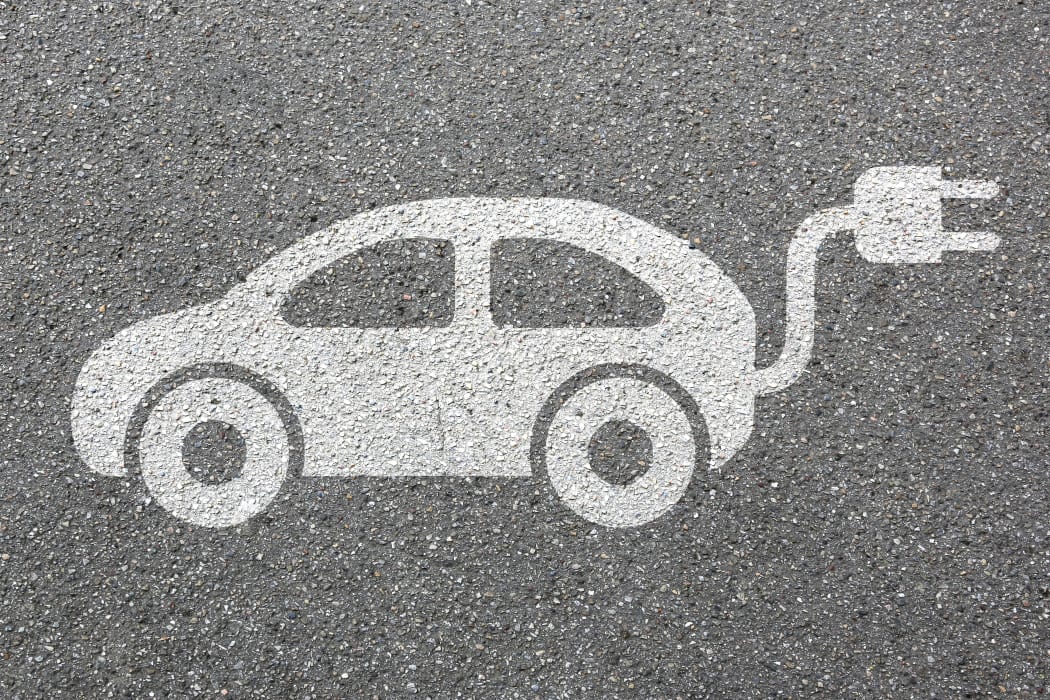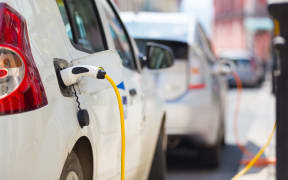More needs to be done globally to phase out fossil fuel vehicles, a leader for a campaign to switch to electric cars says.

File image. Photo: Markus Mainka/ 123 RF
Monica Araya, a distinguished fellow with the Drive Electric campaign and a member of the United Nations Climate Champions team, says the next five years are critical.
The Drive Electric campaign, an international coalition of 70 organisations, was instrumental in persuading the European Commission to propose that after 2035, there will be no more sales of petrol and diesel cars.
"We should aim to have these targets set for 2035 at the latest," Araya told Nine to Noon.
Change could not come solely from manufacturers or individual organisations - it has to be a global approach.
"You cannot do this with one organisation or in one country or by pressing just one lever, meaning policy or business or activism. You have to press all of them simultaneously."
Targets should be set by governments and not left up to manufacturers, she said.
Araya said there was huge growth in the electric vehicle market and steps were being taken in the right direction.
"At the Glasgow COP in November, there was a climate declaration by ... various stakeholders saying the same thing: after a certain date we are not going to sell [non-electric vehicles]; after a certain date we are not going to buy them or finance them,:
General Motors is one company that has agreed to stop producing non-electric vehicles by 2035.
Here in Aotearoa, Waka Kotahi has stated transport is responsible for 47 percent of domestic CO2 emissions and the government's Clean Car package is hoped to reduce this number.
The Clean Car Discount came into effect on 1 July 2021, providing rebates for eligible new and used light electric vehicles and plug-in hybrid electric vehicles.
In April, the system is set to change to a CO2 emissions model, with zero or low emission vehicles able to qualify for a rebate, while those with high emissions will incur a fee.
Araya said governments should be prepared to think about long-term changes and investment in key infrastructure, like electric public transport.



